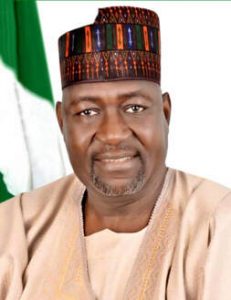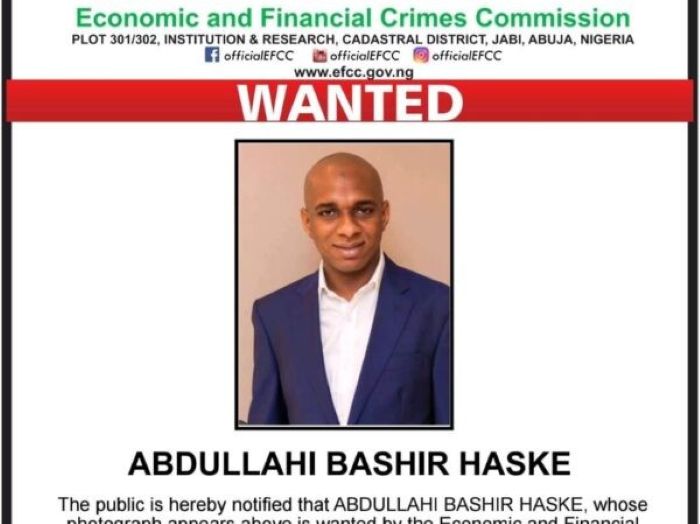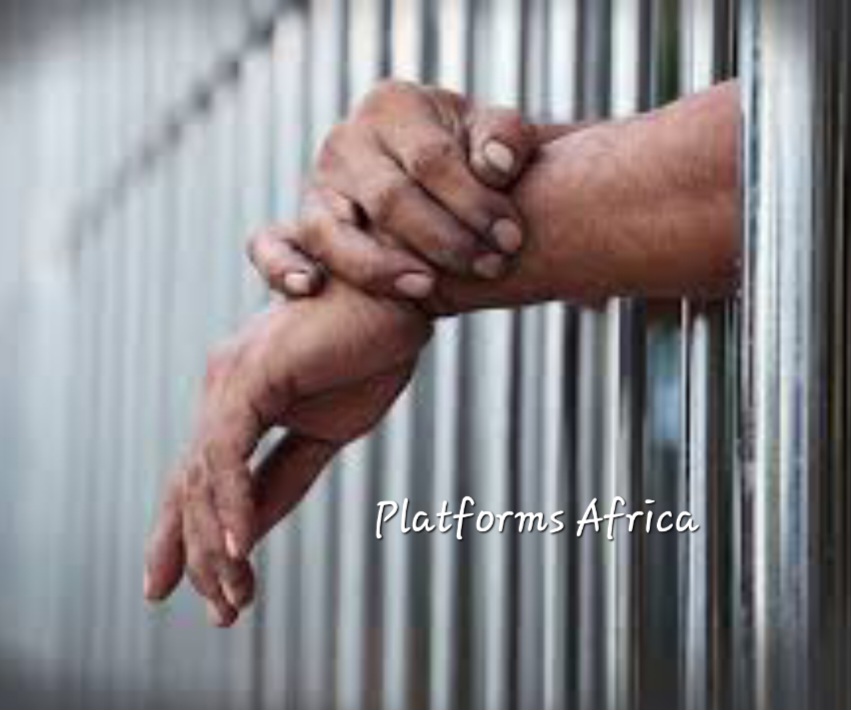The Nigerian government has stated its plans to end all forms of subsidy for tariff in the power sector by January, 2022, a move expected to skyrocket tariff to 100%.
Platforms Africa reports that the Special Adviser to the President on infrastructure, Ahmed Zakari, made this known during the Stakeholders engagement meeting organized by the Nigerian Electricity Commission, NERC, in Lagos.
The power industry in Nigeria has reportedly being rocked by claims of revenue shortfall allegedly due to a tariff regime that is “not cost reflective.” Data of Nigerian Bulk Electricity Trading Plc (NBET) shows that the tariff being collected by DisCos is below 50 % of their invoices.
READ ALSO: EXCLUSIVE: NBET appropriates N139bn, 98% of 2021 budget, for GenCos payment
Nigeria shifts electricity tariff hike implementation to January End
Nigeria Slams Fresh Electricity Tariff hike on Consumers
Meet Abubakar D. Aliyu, new Minister of Power, 3rd in Buhari’s 6-Year Govt
Speaking during the stakeholders engagement meeting, Mr. Zakari, stated that the “federal government intends to reduce its interventions in the Power Sector and thus allow the electricity market to run on its own, thereby allowing the market participants to determine the course of Action.”

Stakeholders have argued that allowing market operators to determine the course of action simply means that Nigerians are to pay the full commercial price for power as determined by the generating and distribution companies.
Reacting to this revelation, one of the participants at that public hearing and
Executive Director, Center for Transparency & Accountability in the Energy Sector, Barrister Abel Godson, stated that, “with the deteriorating nature of electricity supply in the country, coupled with a deteriorating and ageing infrastructure within the electricity network, government’s pre-occupation should be about stabilizing the market, and not tariff hike.”
He also maintained that, “promoting cost reflective tariff at a time where the
country is battling one its worst forex regimes and high inflation rates, which
affect the cost of goods and services, will be counter productive.
READ ALSO: Patients suffer as Nigeria’s doctors continue strike, defy Court ruling
Dangote Hunts for more Loans, Talks with Oil Traders to Borrow for Refinery
Togo, Benin, Niger’s electricity debts profile to Nigeria hit N32.04bn in one year
“If this current precarious situation is met with any form of hike in electricity tariff, then we can bid goodbye to any meaningful development in the economy,” he
said.
The Federal Government and Labour had gone into extensive discussions prior to the implementation of the Service Based Tarrif in November 2020, where the
electricity regulator (NERC) had promised improvement in service delivery to
Nigerians.
Mr. Zakari (Adviser to the President on Infrastructure) also mentioned that the
highest peak generation of electricity for the month of September was 4694mw
including electricity exports, what was available for Nigerians in-country came down to 3863mw, this is as opposed to the 30,000mw demand for electricity.
Essentially the country is providing roughly 11% of the citizens’ demand for
electricity despite huge government interventions in the power sector.
At the NERC stakeholder’s forum, concerns were raised about the power sector moving backwards rather than forging ahead.
There seems to be too many policy summersault, the Presidency spokesman at the forum (Mr. Zakari) also mentioned that Nigeria has one of the poorest supply of electricity despite the power sector contributing 78% to GDP growth for Q2 2021.





